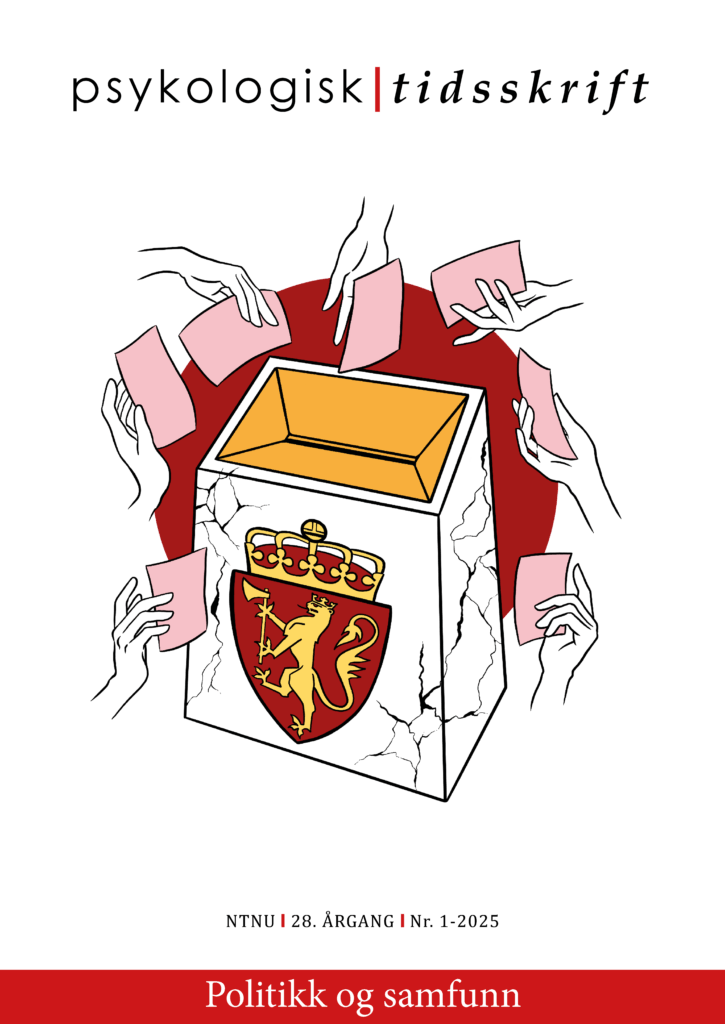From May 20th to 23rd 2015, the Norwegian Psychological Association (Norsk Psykologforening) was hosting the 17th Congress of the European Association of Work and Organizational Psychology (EAWOP 2015) in Oslo. I had the great opportunity to lead an international team of 55 assistants coming from from Norway, Netherlands, India, Brazil, America, China, Korea, Ukraine and Poland.
From my Master studies in Leadership and Organizational Psychology at BI Norwegian Business School, I remembered the essential components of high performing teams: commitment, belonging to the group and the feeling of ownership leading to motivation. But how could I create an environment facilitating such components in advance when the assistants would only meet and get to know each other one day before their work starts?
Luckily, we have social networks. I created a Facebook group and invited the assistants, giving them the opportunity to get in contact with each other. Moreover, it simplified my work of keeping everyone up to date and answer questions. Additionally, I gave the assistants the opportunity to actively contribute to the creation of their work schedules and assigned tasks by using google docs as interactive platform. I hoped with the two initiatives to enhance belonging to the group, commitment and ownership before everyone met in person for the first time.
I was in close contact with all assistants prior the conference but a slight feeling of uncertainty, not knowing if everything will work out, accompanied me through the whole preparation stage. However, the feeling disappeared as I met the assistants during the information meeting on the 19th of May.
According to theory, exchange and development of knowledge as well as sharing of experiences are further important components in the process of forming a unified team. Unfortunately lecturers often miss teaching us how to translate such theory into praxis. Even though I knew it would require more time from the assistants, I decided to hold team meetings before and after each shift to share funny or challenging experiences, exchange information and discuss opportunities to improve collaboration and team performance. An additional valuable tool was the use of WhatsApp (a messenger app), giving us the opportunity to spread information and solve problems quickly.
The biggest and joyful surprise presented itself on the third day as the team started to help each other and to work independently by relying less and less on me as mediator. This was the first visible sign of unity, commitment and ownership, making me very proud and happy as team leader.
Throughout the conference we had an optimistic, supportive, and cooperative atmosphere in our team. Assistants were motivated to solve problems quickly and to create a pleased and joyful event for our international guests.
Finally, it would be very naive to believe that the success depended solely on me. There were so many variables beyond my area of influence. I was very lucky with having such motivated, supportive and engaged assistants. Further, the organizational committee believed and trusted me from the first day. They gave me the freedom to work independently and to develop my own concept of how to work with the assistants. I received high support and they utilized their networks to recruit assistants.
My lessons learned:
First, you never know if you will be successful as a leader, since it depends on so many variables. My recommendation is: Take the risk and try it. It is worth it and gives you the opportunity to learn and develop. Important is that you are confident that you will find a solution to occurring problems. Never forget that you are not alone, you have a team around you that you should allow to contribute and listen to.
Second, the theory you get to know in your studies can be a good navigator helping you to focus on essential aspects. However, leadership needs to be practiced to find methods translate theory into practice. The more you practice the better you can vary and adjust your methods leadership style to the situation and to the people you are working with.
Third, and probably most important, respect, trust and value each team member, listen to their needs, seek constantly feedback, and delegate tasks.
I would like to thank the Norwegian Psychological Association for giving me this unique learning opportunity, the organizational committee for their unconditional trust and support, and my amazing team of assistants for their effort and fantastic work during the conference.



